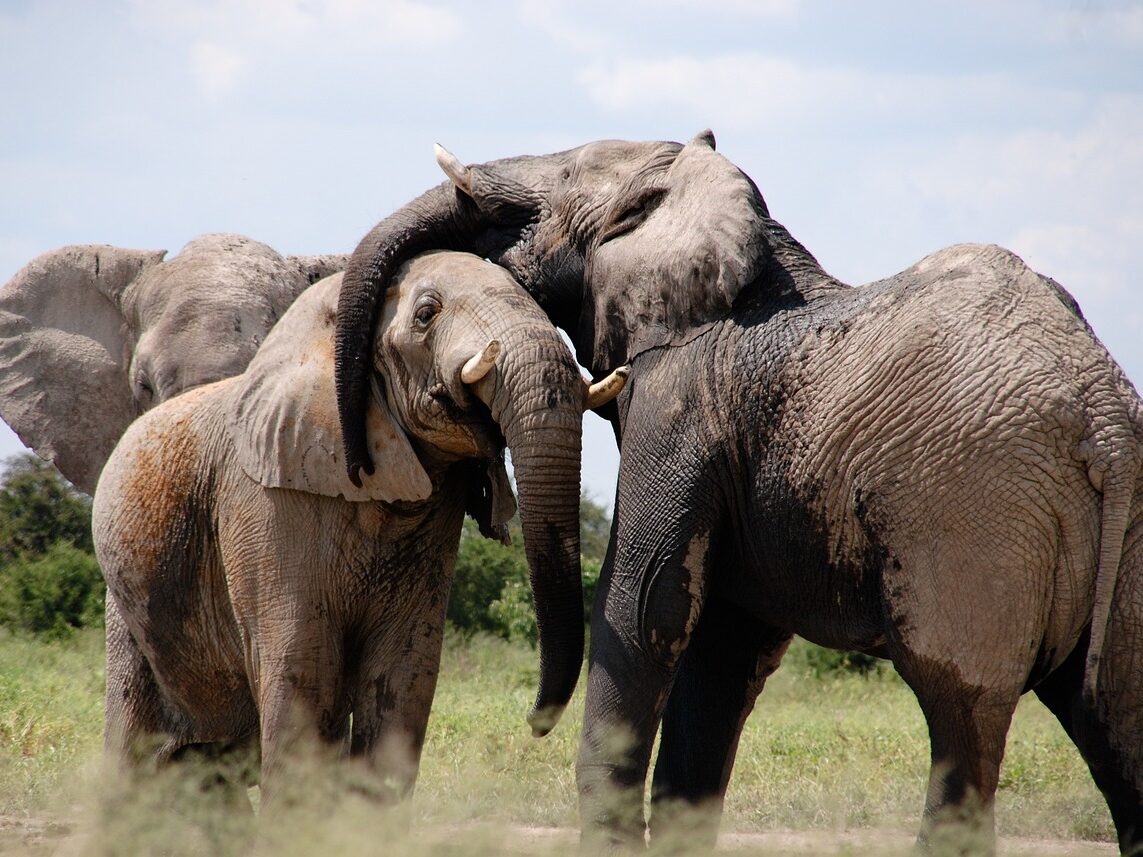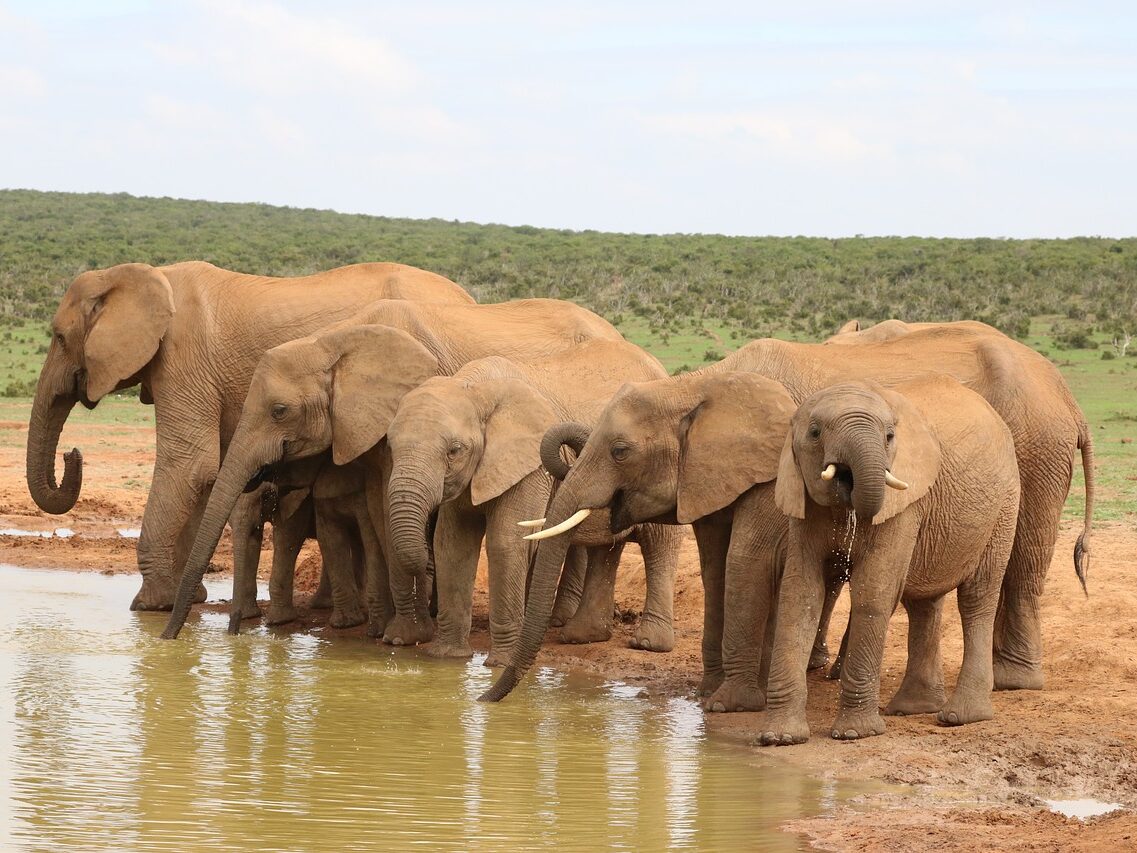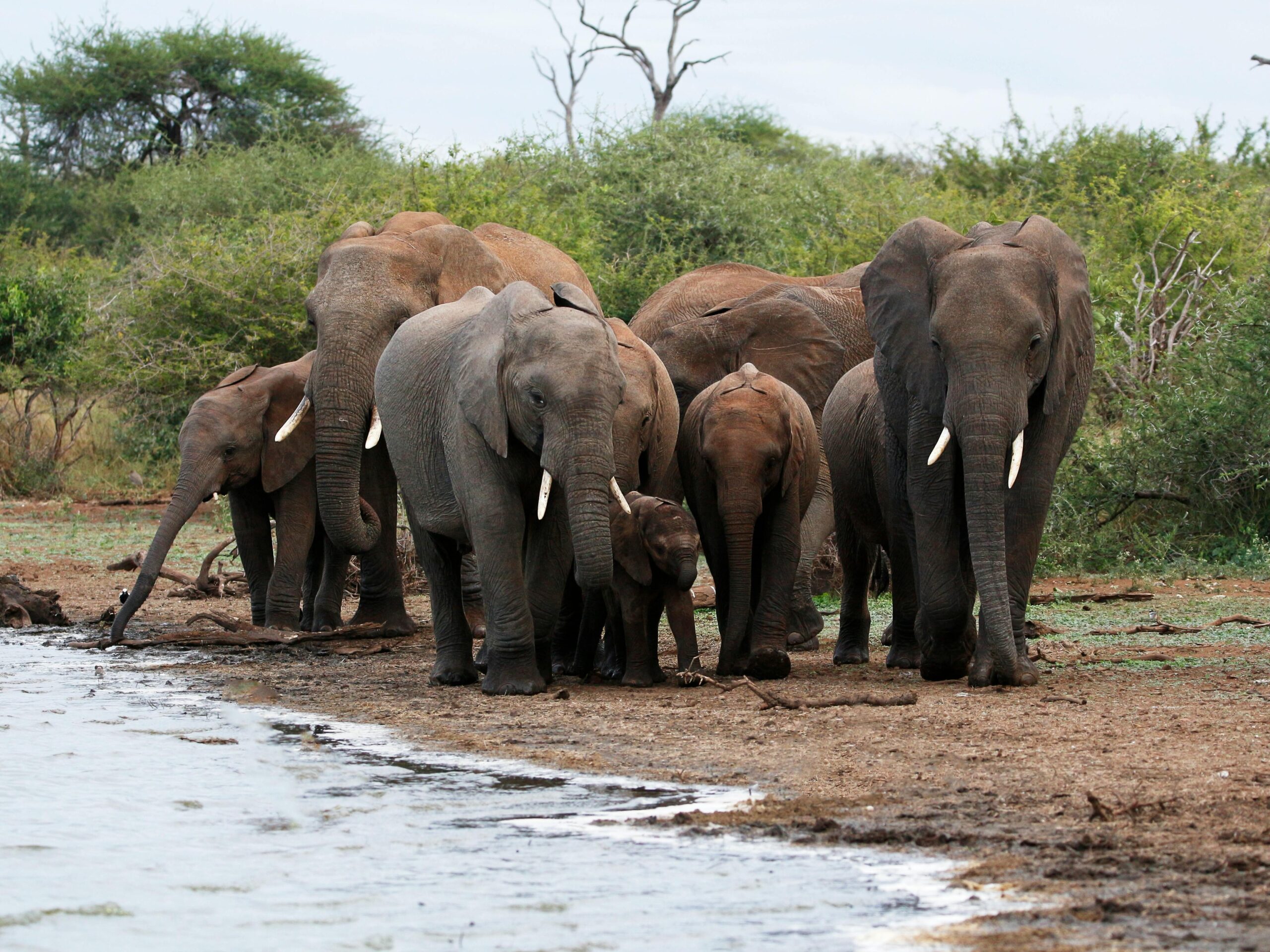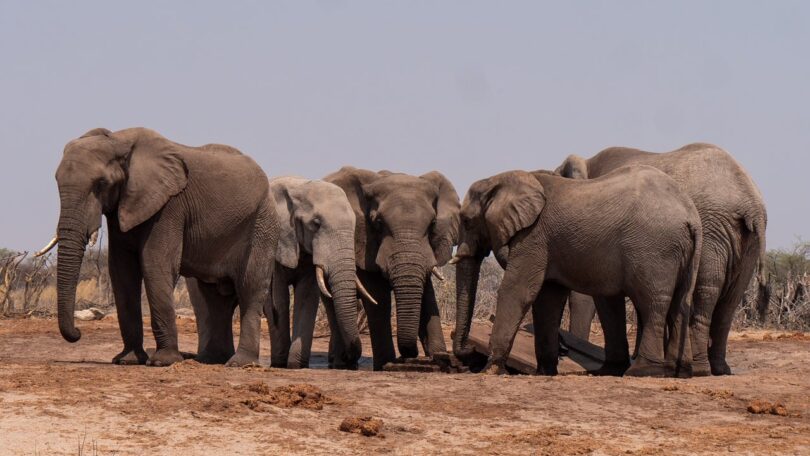Elephants are among the most fascinating creatures on Earth. Their sheer size and strength command attention, but it’s their surprising depth of emotion and empathy that truly captivates us. Many researchers and animal lovers believe that elephants have an emotional world that rivals our own. But how much do we really know about their capacity to feel and empathize?
A Look Into Elephant Empathy
One of the most remarkable observations of elephant behavior is how they interact with one another, especially in challenging situations. Elephants display strong bonds within their herds, where each member seems to genuinely care for others. For example, if a young elephant is in distress, other herd members will often rally around, providing comfort by touching or even “hugging” with their trunks. This behavior mirrors how humans express comfort, suggesting a deep-seated empathy.

Mourning Their Losses
Elephants have also been observed to mourn their dead. When a member of the herd dies, elephants will sometimes return to the body, gently touching it with their trunks, as if saying goodbye. They’ve even been known to pick up the bones of deceased elephants, carrying them to specific places, almost like burial rituals. This unique behavior hints at a complex emotional world—one where loss, memory, and respect for the departed play a significant role.

The Science Behind Elephant Emotions
Scientific studies have supported what observers have long suspected: elephants do feel emotions. Elephants have a highly developed neocortex, which is associated with complex thought and emotions. They also display behaviors indicating compassion, self-awareness, and even problem-solving skills. Researchers have even tested elephants’ ability to recognize themselves in mirrors, a trait that only the most intelligent animals, including humans, demonstrate.

Protecting These Emotional Giants
The emotional lives of elephants are often affected by their environments. Unfortunately, due to poaching and habitat loss, elephants experience significant trauma. Many rescued elephants show signs of post-traumatic stress, and it can take years of care in sanctuaries for them to recover. This vulnerability to trauma emphasizes their need for safe, stable environments where they can thrive both physically and emotionally.

Understanding that elephants have emotional lives not only deepens our respect for these magnificent creatures but also challenges us to protect them. Knowing that they experience pain, joy, and empathy underscores the importance of conservation. Imagine if our actions could ensure that future generations of elephants continue to roam, love, and mourn.
What do you think? Do you believe animals like elephants can feel as deeply as we do? Share your thoughts below, and let’s keep the conversation going about these incredible beings.









